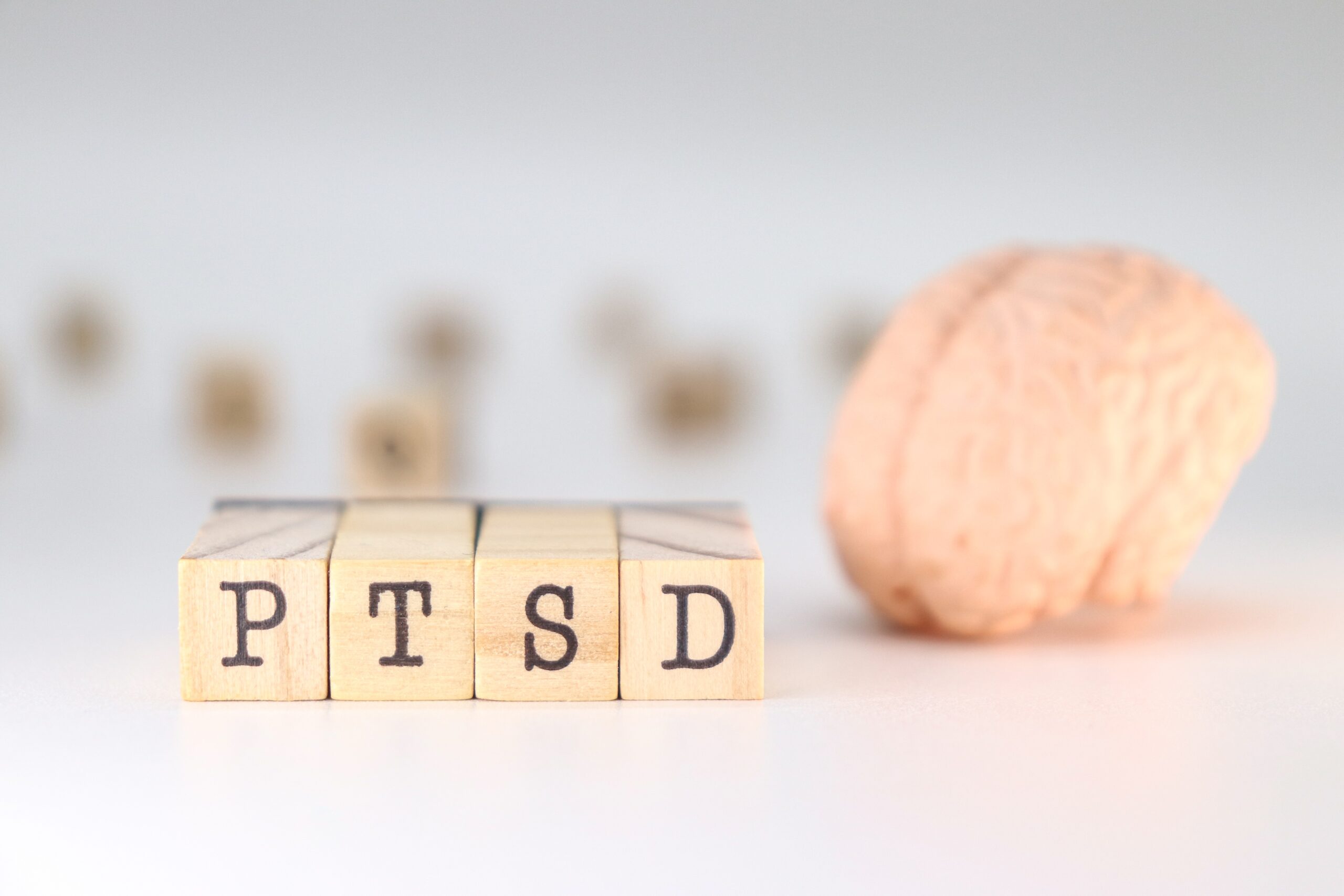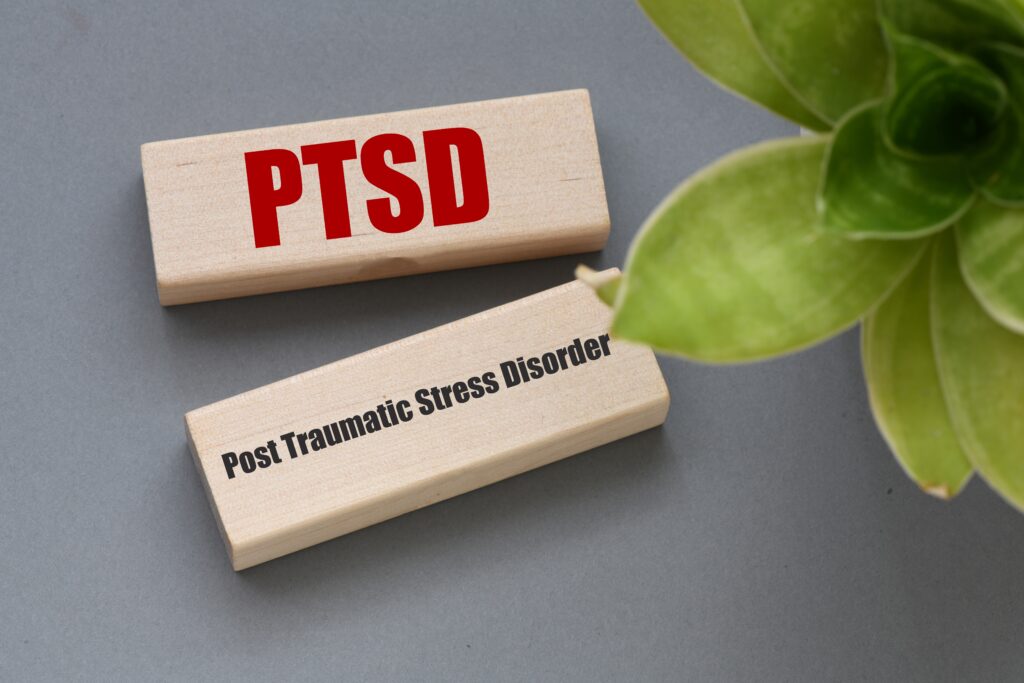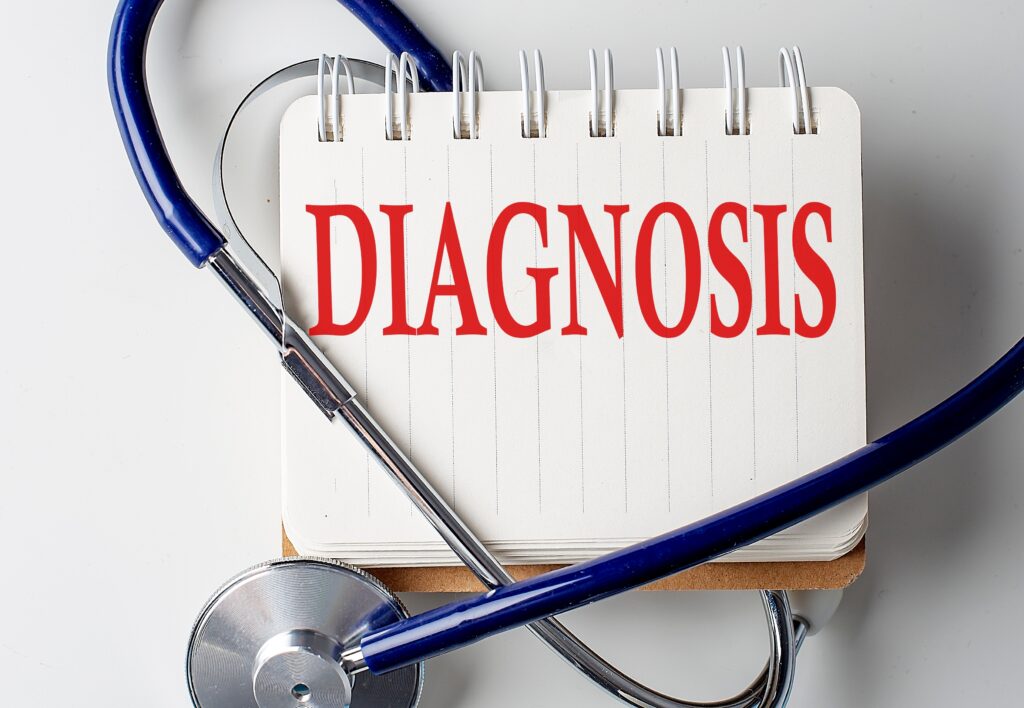Steven A. Bagen | June 19, 2024 | Car Accidents

When you’re involved in a car accident, you may experience many unfortunate repercussions, including different types of injuries. However, physical injuries might not be the only type of harm you’ll face, as mental trauma is common after some collisions.
Many car accident victims develop post-traumatic stress disorder. This condition can significantly interfere with your life and relationships, furthering the difficulties you’ll deal with post-collision.
If you’re dealing with physical and mental harm after a car crash, don’t wait to discuss your situation with a qualified car accident attorney in Ocala. A lawyer can determine the value of your damages and pursue fair compensation on your behalf.
Understanding Post-Traumatic Stress Disorder
Post-traumatic stress disorder (PTSD) is a psychiatric condition. PTSD ranges in severity, but serious PTSD can get in the way of everyday life and activities. Recovery from PTSD is possible for some, but others struggle with the effects of the condition for extensive periods.
How PTSD Develops

Post-traumatic stress disorder is a well-known condition that develops after an individual suffers a traumatic event. Following the distressing event, victims begin to experience certain symptoms.
PTSD symptoms typically vary depending on the seriousness of the event, but these symptoms often make it difficult for a person to carry on as they once did.
PTSD usually occurs in individuals who directly experience negative events. However, you can also develop PTSD in other ways, like witnessing a traumatic event happen to others, learning someone close to you experienced a devastating event or repeated exposure to traumatizing situations.
Common events that trigger PTSD include assault, abuse, and accidents. PTSD also frequently develops in individuals in high-stress situations, like soldiers at war.
Symptoms of PTSD
PTSD symptoms may start immediately after a stressful event. For some, signs of PTSD don’t begin for several weeks or months. Individuals who don’t develop PTSD right after the traumatic event may experience some trigger that causes symptoms of the condition.
The symptoms of PTSD vary greatly, depending on the individual and their situation. Some of the most common symptoms include the following.
Intrusive Thoughts
A person suffering from PTSD often experiences intrusive thoughts. People naturally suffer from intrusive thoughts or thoughts that are disturbing, unwanted, or uncomfortable. However, an individual with post-traumatic stress disorder may experience intrusive thoughts more frequently.
You may find you cannot control your thoughts, especially when they are intrusive. These thoughts can get worse over time and leave you feeling distressed, helpless, and angry.
Reliving the Event
After suffering through a traumatic event, it can be difficult to get the memories of the incident out of your mind. You might find yourself thinking about the event and reliving those unfortunate moments more often than you would like. These memories can make concentrating hard and even cause trouble falling asleep and staying asleep.
Additionally, some PTSD sufferers deal with regular flashbacks. Flashbacks are like memories of the event, but worse.
When you experience a flashback, your mind and body may feel like you’re right back where you were when the traumatic incident occurred. Flashbacks often happen due to stimuli, such as certain sounds or smells.
Physical and Emotional Changes
Post-traumatic stress disorder can cause many changes in your emotional and physical well-being.
Physically, you may begin to react to things more significantly than before. PTSD can make a person more skittish, so you may never leave high alert for anything you perceive as a danger or find yourself easily frightened or startled. Additionally, these unwelcome changes may lead you to partake in risky behaviors or increase alcohol or drug intake.
PTSD can also cause changes to your emotions. You may experience irritability and react more intensely to certain situations. PTSD can also make you feel more angry, guilty, or shameful. Anxiety and depression are also common with PTSD.
Generally, anxiety causes feelings of fear or uneasiness. In addition to mental changes, anxiety can cause several physical changes, like increased heart rate, nausea, and sweating.
Depression can make a person feel sad and hopeless and cause them to lose interest in everyday life. A person who’s depressed often has trouble maintaining daily activities and relationships.
Avoidance
Avoidance is common for PTSD. Sufferers often go out of their way to avoid experiencing things they feel may trigger other PTSD symptoms. Avoidance can include avoiding people, places, activities, and discussion topics. It is how PTSD sufferers protect themselves.
Sleep Disturbances
Sleep is one of the ways many people avoid their problems and stressors. Nonetheless, when a person suffers from serious PTSD, it can be difficult to do even that.
It’s not uncommon for individuals suffering from PTSD to experience sleep disturbances. They may have trouble falling asleep, sleeping through the night, or both. Sleep disturbances can happen for many reasons but can result from negative thoughts or persistent nightmares.
Diagnosis and Treatment for PTSD
If you experience physical, mental, and emotional changes after a traumatic event, seek medical attention right away from a qualified physician. A doctor can provide a proper diagnosis and a treatment plan.

To determine whether a person is suffering from PTSD, your physician will likely start by taking down your medical history. They may also perform a physical exam and a psychiatric evaluation.
Based on your health history, physical condition, and the events you’ve experienced, your provider can determine whether your symptoms are PTSD-related.
Treatment for PTSD varies, depending on the person and what works best for them. The goal of PTSD treatment is to help you cope with your symptoms and regain control over your life.
The most common types of treatment include psychotherapy, like cognitive therapy and exposure therapy, and medications, like antidepressants and anti-anxiety medication.
Risk Factors for PTSD
Not everyone who experiences a disturbing event develops post-traumatic stress disorder. Some individuals are more at risk of suffering from PTSD than others.
Risk factors for PTSD include:
- Experiencing trauma early on in life, especially during childhood
- Having other mental health issues, like anxiety and depression
- Having substance abuse issues
- Having a family history of mental health disorders
Additionally, individuals who lack proper care and support are usually more likely to develop PTSD after a negative life event.
Car Accidents and Post-Traumatic Stress Disorder
Many types of traumatic events can leave a person facing PTSD. Car accidents are one of the most common types of events that result in the mental health condition.
Car accidents are stressful, and a collision can heavily impact your life. Not only can you suffer severe physical injuries, like head injuries, spinal cord injuries, and broken bones, but the event may alter your mental and emotional well-being as well.
The likelihood of developing after a car accident is even greater if you experienced the crash with loved ones. Seeing family and friends get hurt in an accident can have negative effects on your mind and may make you even more fearful in the future.
Mental and emotional consequences, like PTSD, can often be just as devastating and impactful as physical injuries. Therefore, after a car crash, don’t hesitate to discuss your case with a skilled accident lawyer. You could be eligible to receive compensation for your injuries and losses.
Signs You May Suffer From PTSD Post-Collision
As previously mentioned, symptoms of PTSD don’t always begin immediately following a serious event. Therefore, recognize the signs of PTSD, especially those that may develop after an auto collision.
You Obsessively Think About the Accident
It’s normal to think about an event once it’s over, especially a scary one like a car accident. Still, if your thoughts are getting in the way of your life, it might be indicative of something more serious.
When you suffer from PTSD after a collision, you may think about the moments leading up to the accident, what you were doing, and how you think you could’ve handled the situation differently. Your thoughts may become obsessive, causing you to have trouble focusing and lose your train of thought often.
You’re Having Trouble Sleeping
Reliving and thinking about the event can make it tough to get a good night’s rest. While sleep disturbances can happen in the days following your collision, they shouldn’t go beyond that. Post-traumatic stress disorder can cause issues with sleep for an extended period of time.
You’re Avoiding Driving or Being a Passenger in a Car
Avoidance is one of the top symptoms of PTSD. Depending on the details of your collision, you may avoid driving for fear of another accident. Getting behind the wheel of a car can make you feel anxious and uneasy, making it impossible to drive.
Whether you were the driver or the passenger in the accident, you might also want to avoid cars altogether and avoid riding as a passenger. This can make it particularly difficult to live your everyday life, as your avoidance can interfere with your transportation needs.
You’re Jumpy
After a car accident, you may startle more easily. Certain sounds, like tires screeching, sights, like traffic, or smells, like burnt rubber, can scare you. You might always be on alert with a heightened response to specific stimuli.
You’re Experiencing Severe Feelings of Fear, Sadness, or Anger
PTSD can make it harder to regulate your feelings and emotions. You might experience mood swings and irritability, making it tough for you and others around you.
Your feelings may also change if you develop additional mental health issues, like depression and anxiety.
Can You Recover Financially From PTSD Following a Car Crash?
When you suffer monetary and non-monetary losses after a car accident, you may have the opportunity to recover monetarily. You can obtain compensation for many things, including property damage, pain and suffering, and lost income. Additionally, if you develop mental health challenges, like PTSD, you could receive additional compensation.
Damages for PTSD can cover costs associated with your condition, including:
- Medical bills
- Therapy costs
- Lost earnings from time off of work
It can be challenging to recover financially from post-traumatic stress disorder, as you’ll need to provide strong evidence of the condition and how it developed from your collision. Still, a car accident attorney can fight for appropriate damages to cover your expenses and losses.
Determining the Value of Your Damages
When seeking compensation for the harm suffered from your collision, it’s important to consider several factors. You can determine how much your case is worth based on these details.
Crucial factors for determining the extent of your damages include:
- The injuries you sustained in the collision
- The severity of your PTSD
- How likely you are to recover from your disorder
- How your PTSD has impacted your life, including financially
- Whether you’re likely to recover from your PTSD
Your car accident attorney can examine these and numerous other details to determine your claim’s value. Understanding how much your collision case is worth and seeking the compensation you’re owed can reduce your financial burdens.
If You’ve Developed PTSD Following a Car Crash, Do Not Hesitate to Seek Legal Help
If you’ve suffered an injury in a car accident and now suffer from post-traumatic stress disorder, you are not alone. Suffering from PTSD can be terrible on its own but even worse when you’re also trying to recover from your physical injuries and avoid financial stresses from medical bills and other expenses.

Fortunately, a car accident attorney can protect your rights as a collision victim and seek justice and compensation on your behalf.
PTSD is serious, and insurance companies should take it seriously in car accident claims. Unfortunately, they often make it challenging to receive the full amount you deserve for your suffering from PTSD.
Obtaining fair compensation is critical to give you a better chance of recovery and a brighter future. Following an auto collision, do not wait to consult a local car accident attorney. Allow a skilled lawyer to fight for you – case evaluations are free and confidential.
